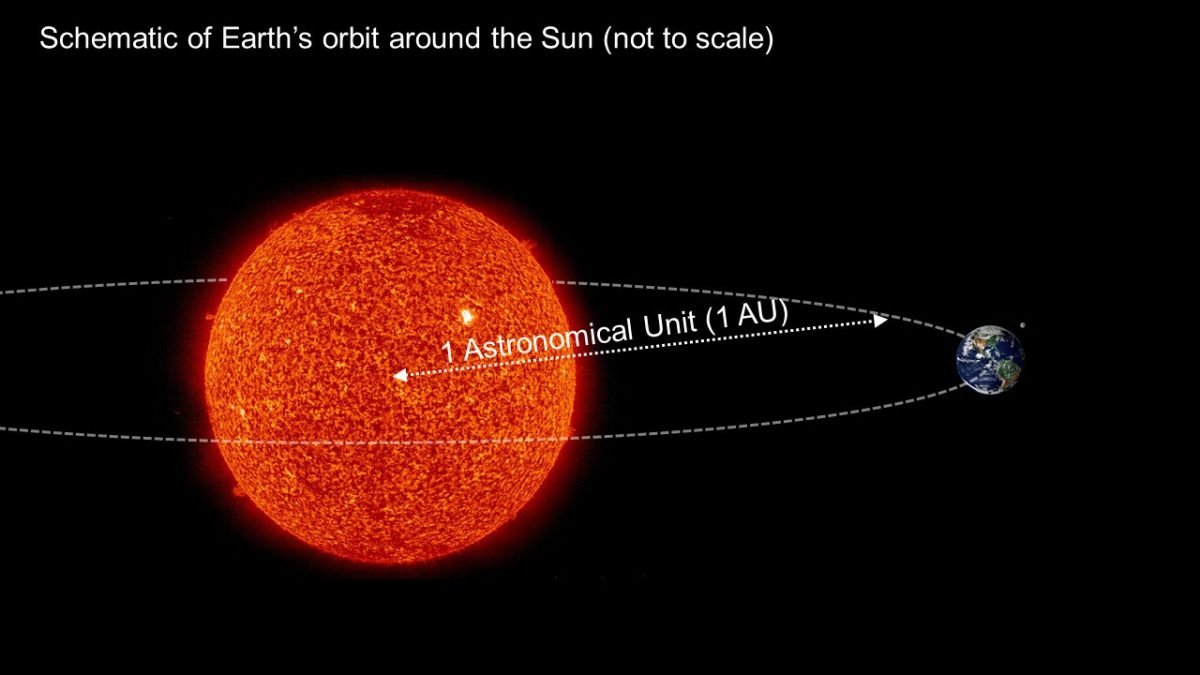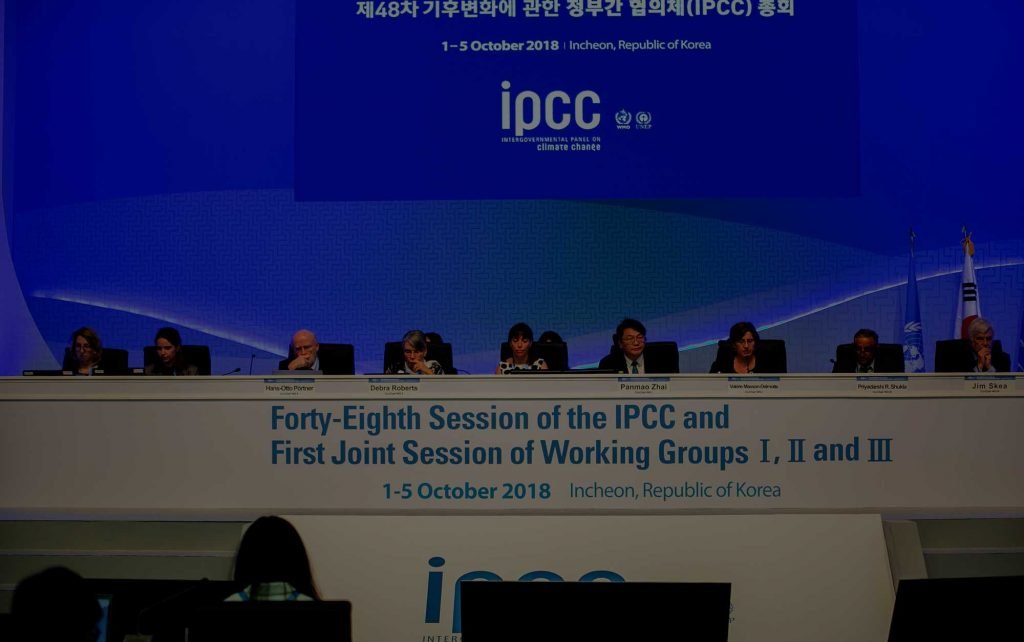It is widely believed that “90-95% of scientists agree on climate change”. This is technically true if you define “agree on climate change” to mean “agree that the climate is changing”. We would be included in that 90-95% of scientists. Indeed, the very subject of this website is about climate change.
However, many people mistakenly assume that 90-95% of scientists agree that recent climate change is “mostly human-caused”. The reality is that there is a wide range of views among the scientific community about the causes of recent climate change. Many scientists agree with that view, but many do not!
In this post, we explain how this mistaken idea became embedded in the public conscience, and what is known about the true views of the scientific community on climate change.







